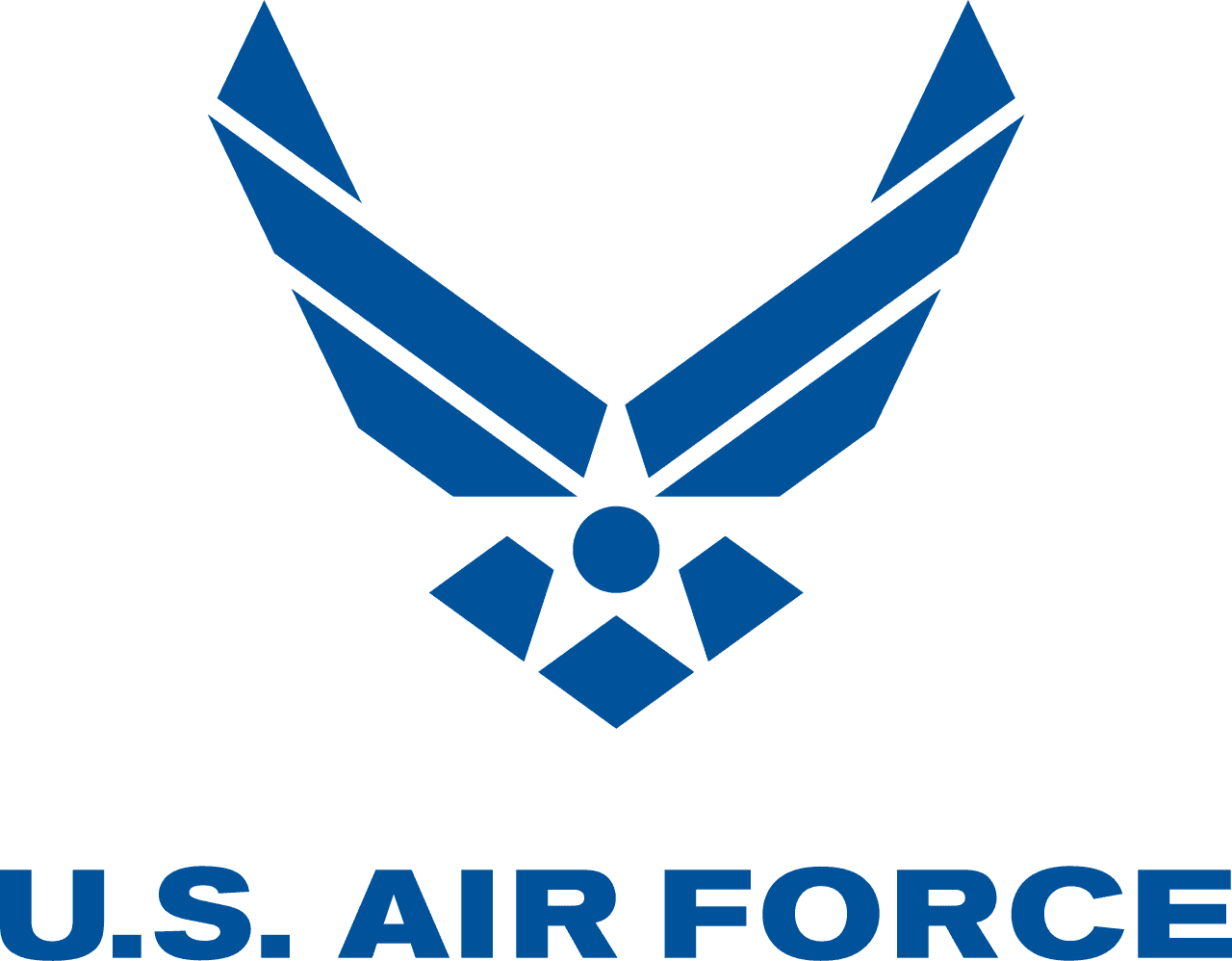Military Intelligence Officers
Overview
What are the responsibilities of this role?
Intelligence officers provide a service that is crucial for our national defense. These officers develop and execute plans, policies, and procedures that facilitate intelligence functions. They are experts on all intelligence disciplines and their application across the spectrum of military operations. They may conduct counter-intelligence operations to safeguard against adversarial threats. Some intelligence officers specialize in one form of intelligence, such as imagery, signals, or human intelligence.
What is the work environment like?
Intelligence officers work in offices on land and aboard ships. They may work in the field on maneuvers and military exercises.
How many people have this role in the Military?
12,908
Compensation
Understanding How Military Pay is More Than Just a Salary
Base pay is the standard income you’ll earn as a service member, providing a stable foundation to start achieving your financial goals.
- Always fixed based on rank and service time.
- Distributed monthly.
What is the typical salary range?
$92,091
$112,528
$148,845
Military Details
What Service Branches offer this role?
Is this a staff or leadership role?
What does the training for this role entail?
Job training for intelligence officers primarily consists of classroom instruction and on-the-job learning in various training environments. Like other officers, they complete a comprehensive training program covering responsibilities, military structure and etiquette, traditions, and leadership development. Job-specific training may include:
- Air, ground, and sea intelligence operations
- Photograph interpretation
- Use of surveillance equipment
- Reconnaissance equipment and weapons systems
Education
What level of education do professionals in this role have?
Which college majors best prepare you for this role?
- Cyber/Computer Forensics and Counterterrorism
- Criminalistics and Criminal Science
- Criminal Justice/Police Science
- Law Enforcement Investigation and Interviewing
- Criminal Justice and Corrections, General
- Financial Forensics and Fraud Investigation
- Law Enforcement Intelligence Analysis
- Geospatial Intelligence
- Signal/Geospatial Intelligence
- Environmental/Natural Resources Law Enforcement and Protective Services
Learn About How Military Can Pay for 100% of your College Degree
Skills and Interests
What knowledge is essential to bring to the table?
- Administrative
- English Language
- Computers and Electronics
- Customer and Personal Service
- Law and Government
What personality traits help people thrive in this role?
You love figuring out how things work and researching subjects that interest you.
You like structure, staying organized, and working with systems to get things done efficiently.
RIASEC represents six broad interest areas—Realistic, Investigative, Artistic, Social, Enterprising, and Conventional—helping individuals identify careers that match their skills and preferences.
Take the RIASEC Test




